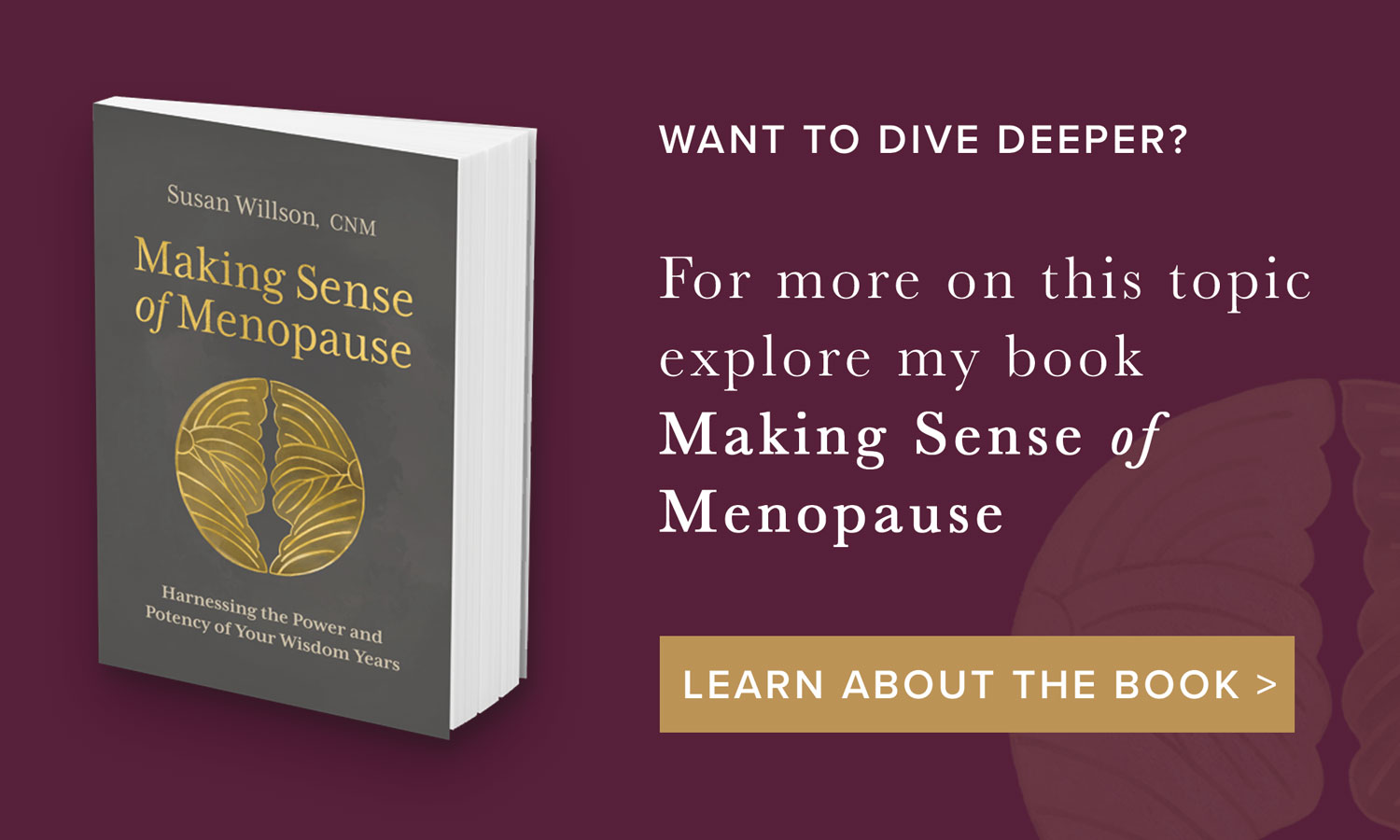Bioidentical Hormones
Bioidentical hormones are hormones which are compounded in a lab, from plant sources, and have exactly the same shape and structure as the hormones our body makes. Because bioidentical hormones act in the body exactly like what our body makes, the body is able to use and metabolize them completely, thereby causing fewer side effects and avoiding the issue of biologically active fragments remaining in tissues unable to be metabolized, as happens with pharmaceutical hormones. Because of this, the two kinds of hormones carry different risk profiles.
While there has not been the financial incentive to do large double-blind trials on the bioidentical hormones because they are not “patentable", the studies that are out there generally show slightly reduced risk and some even trend toward a preventive effect for some cancers and heart disease for women using these hormones.
Bioidentical hormones are generally made in a compounding pharmacy, by specially trained and accredited pharmacists (the way medications were made before the rise of the huge pharmaceutical conglomerates.) They are under strict regulation by the FDA, State Pharmacy Boards and the Pharmaceutical Compounding Accreditation Board. The ingredients used in making these hormones are regulated by the U.S. Pharmacopeia (USP). There are some bioidentical hormones made and distributed by pharmaceutical companies, but in those cases, they have generally patented the delivery system (patch, foam or vaginal tablet), given they can’t patent the hormone itself, and want to, in order to charge higher fees for them. For example, you can pay $285 out of pocket for a pharmaceutical company’s estradiol tablet to put in your vagina to treat vaginal thinning, and $35 for the same prescription in a cream made by a compounding pharmacy.
Another benefit to bioidentical hormones, in addition to your body being able to completely metabolize and use them, is that when compounded, you can tailor the dose you use to what is actually needed by each individual woman (pharmaceutical hormones come in pre-set doses) and they can be dispensed in creams, gels, troches (lozenges) and suppositories. This way, you can use a smaller dose to a greater effect.
Most pharmaceutical hormones come in forms that are meant to be taken orally (pills and tablets), but when taking an oral preparation, you need to take almost ten times what you would need if using a cream or a patch. Every time you swallow an oral dose, the stomach acid destroys about half of it, and then it goes through the liver before entering your bloodstream. The liver’s job is to purify the blood, so it is trying to break everything down and get rid of it before it enters your bloodstream. Therefore, what you get from an oral dose is much less than what you start with, and it causes more stress on the liver. It is also the case that when taken orally, some hormones take metabolic pathways through the liver that are less beneficial to the body. For instance, progesterone, when taken orally, is often broken down into “bad” estrogen in the body instead of remaining as progesterone. There are “good” and “bad” forms of estrogen in the same way that there are “good” and “bad” forms of cholesterol. Higher levels of “bad” estrogen put you at higher risk for breast cancer.
When you use a cream, gel, patch or troche, the hormone is taken up directly through your skin into the bloodstream, then deposited in tissues where the hormones are active. Very little of the hormone is left circulating in the blood, so there is less work for the liver to do, metabolizing it. Because of this, much lower doses can be used to very good effect. In fact, almost without exception, once they are balanced, the menopausal women I work with in my hormone balancing practice still have menopausal levels of these hormones, as Nature intended, but their symptoms are gone. Balance is key. There is no need to take women back to a younger hormonal profile in order to have them feel well.
It is important to find a healthcare provider who is experienced in the use of bioidentical hormones. To find someone in your area, try calling a local compounding pharmacist. They are usually aware of who is offers this in your area, that women like, and who gets the best results. They are also a good source of information on this topic.

